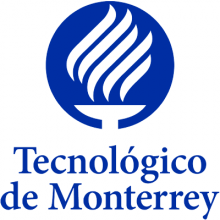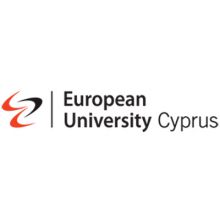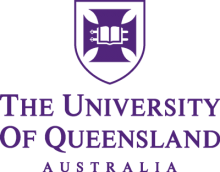关于 Odessa National Academy of Telecommunications
Founded in 1900 to offer higher courses in telegraph mechanics, Odessa National Academy of Telecommunications has undergone numerous name changes to reflect the evolution of both technology and politics during a history that incorporates both the formation and collapse of the Soviet Union and Ukraine’s rebirth as an independent state.
It hosted the first radio plant in Odessa in 1919, pioneered television work in the mid 1930s and after the Second World War in 1953, began correspondence classes and evening courses. It then set up branches in Chisinau in 1962 and Kiev in 1967 – the same year in which it took on the name of the radio pioneer Alexander Stepanovich Popov (1859-1906).
Petro Vorobienko has been rector since 2001. He defined the university's purpose as "to reach the level of world standards and to integrate into the world scientific and education space".
The university calls itself Ukraine’s "leading higher education institute specialising in ICT and the economics of telecommunications".
Roughly 7,000 students are divided between the institutes of information and communications, radio and television electronics, computer technology, automation and logistics, economics and management and the problems of information societies.
Research centres include the Centre for Energy Efficiency and Management which opened in 2018.
The first overseas students were admitted in 1949. The modern academy has around 500 international students from 25 countries and since 1998 has offered a 10-month preparatory programme in languages, mathematics and physics for students who need to bring their grasp of either Russian or Ukrainian up to the standards required for the university.
Odessa National Academy of Telecommunications 的授予学科
Engineering & technology
- Electrical & Electronic Engineering
Computer science
- Computer Science
Social sciences
- Politics & International Studies (incl Development Studies)
- Communication & Media Studies










